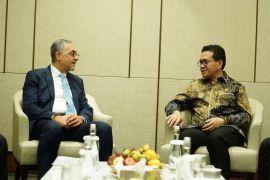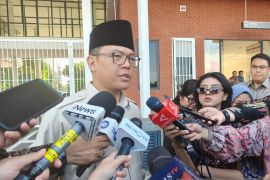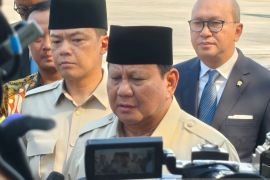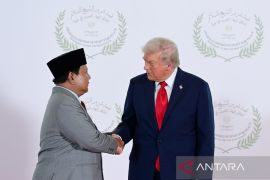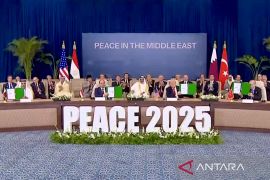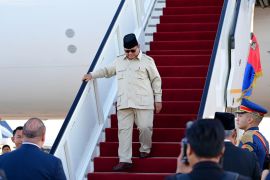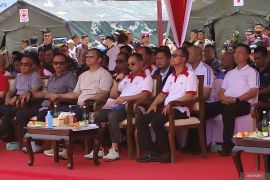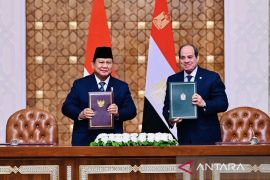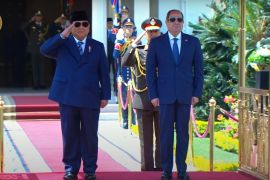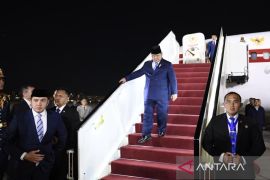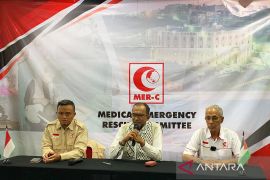Though some of them questioned the element of `spontaneity` in the protests, they said the development marks the beginning of poly-centric world order.
Addressing a round-table on the situation in West Asia organised by Observor`s Research Foundation, senior Communist Party of India (Marxist) (CPI-M) leader Sitaram Yechury said he did not think that the protests in Tahrir Square was spontaneous.
`There has to be a certain amount of organisation,` he said, adding that he does not think that Muslim Brotherhood has organised it. He said the `unemployed youths` engineered the protest.
`For more than the US, Mubarak has been a henchman for Israel. Israel will not be happy if Mubarak is removed,` he said, adding that it was not going to be a `massive uprsing` in the region.
`Every interested player is trying to channelise the course of action on their own way,` he said.
Yechury said a second term for US President Barack Obama would be difficult if he is not in tune with Israel on Egypt. He said the Muslim Brotherhood has acted in a matured way which was a `pleasant surprise` for him.
Noting that one should not underestimate people on streets, Communist Party of India (CPI) General Secretary A B Bardhan said viewing the Muslim Brotherhood as a danger is like `falling into the trap of Israel`.
`No doubt this movement will see the end of Mubarak. It will not be tomorrow, it will not be in September. It will be somewhere in between. He will have to go,` he said.
Former Foreign Secretary M K Rasgotra said he was disappointed at the statement made by Indian government on the issue saying it was not `forthright`. He expressed fears that the protests could result in escalation of oil prices.
Former diplomat M K Bhadrakumar said the protests were not a kind of Islamic awakening as Israel was propagating. He said the American and Israel interests are at divergance.
Kanwal Sibal, another former Foreign Secretary said the protests were essentially a local problem. (*)
Editor: Ruslan Burhani
Copyright © ANTARA 2011
